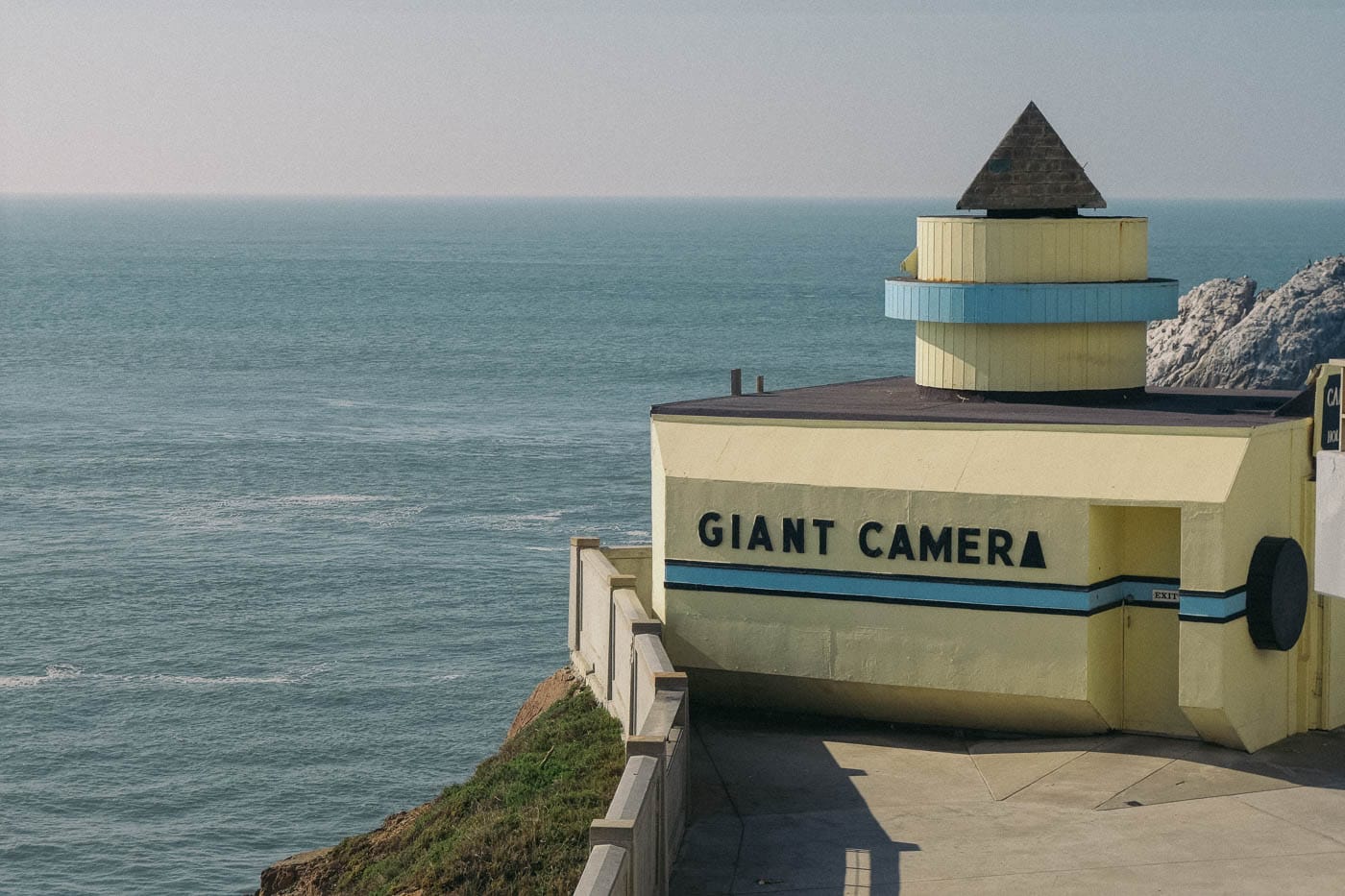Does the camera make a difference?

I love gear, old cameras are great. They are beautiful objects by themselves, there is something about the high precision and craftsmanship. Its like old watches or cars, both I can really appreciate the design and craftsmanship. However, I have no desire to collect either, and not just because they are more expensive, or in the case of cars, impractical to store. This isn’t the case with cameras, I want them all.
There is more to the camera than just its looks and functions. It is a tool for creating my chosen art form, so it’s feel is very important. Also, different cameras can produce different results, whereas a car and watch tend to have the same utility no matter the design. Cameras produces different results from digital to film, to different formats, image ratio, and image quality and sharpness.
The camera only effects image quality, not the quality of an image.
For what I do, photography as art, sharpness or film or digital or format none of that really matters. It’s important to pick something and attempt to be consistent and produce good results, but what it is doesn’t matter. The Japanese photographer Daido Moriyama uses a simple point-and-shoot camera, his images are usually blurred and very contrasty. He doesn’t need new or better gear to make better photos, he just needs to go out and make photos.
What is important to Moriyama is a small compact camera, one he can carry around and use simply. You can watch this Daido Moriyama video and see how he shoots. Could you imagine him doing the same with a large DSLR, or medium format camera? It is a matter of fitting the camera to his style, not the other way around.
Similarly, a sports photographer shooting Formula 1 race cars will need a different camera than a simple point and shoot to get their work done, but you probably don’t want to be doing street photography with a huge DSLR and 100-400mm lens at 10fps.
The camera does make a difference, but not in the way everyone talks about it. Usually the discussion is bullets points of marketing materials, numbers and charts that are easy to compare. Megapixels, or sharpness, or frames per second, or AF points, or whatever.
The questions I should be asking:
- How does the camera handle and feel to you?
- How does the camera fit to your style of photography?
- Does the camera help you work or is it work to use?
- Why are you thinking of the camera so much and not the photography?
The Fuji X-T1 was my bridge camera that brought me back to film. The X-T1 works so much like a film camera, it was instantly familiar. Once I started shooting with it, I thought wait a minute – this is what I did before – I like this. This started what is now about a year funk of trying out cameras under the guise of figuring out what is the right one for me.
To a certain degree, its true, I am trying to figure out the right one for me. However, I’m not really going about it in a great way. I’ve been reading too many articles, browsing gears sites, and getting swayed with every other click. In the last year or so I’ve bought and sold probably a dozen or so film cameras.
It’s easier to try out new gear, shoot test rolls, and play around then to work on producing good longer term projects. But I think I’m at the end of my camera funk, and off-loading the last of them now. One thing I found I bought some cameras just to write a review article on them, or take an Instagram photo. Gear shots almost always generate the most likes. However, as much as I like gear, its not quite what I want to be writing and talking about.
So I’m going to live with the camera for awhile, more than one roll, before writing anything. Also, I won’t dismiss it so easily and just will use the camera and create with it; not listening to the all the whinges of online reviews. I’m just going back to creating and worrying less about the tool.
I realized I’m not interested in being a collector of cameras. I still really appreciate them, but I just want a camera as the right tool to help me get my work done. A well made camera is still a beautiful object and can be a work of art itself, but like cars and watches, I don’t need to be the one to collect them.
This might be considered Part 2 in an X part series, read Part 1: Cameras, Art, and the History of Photography